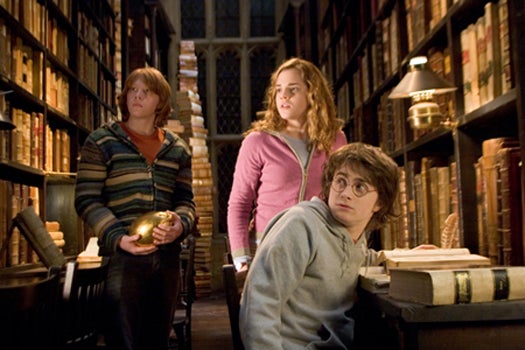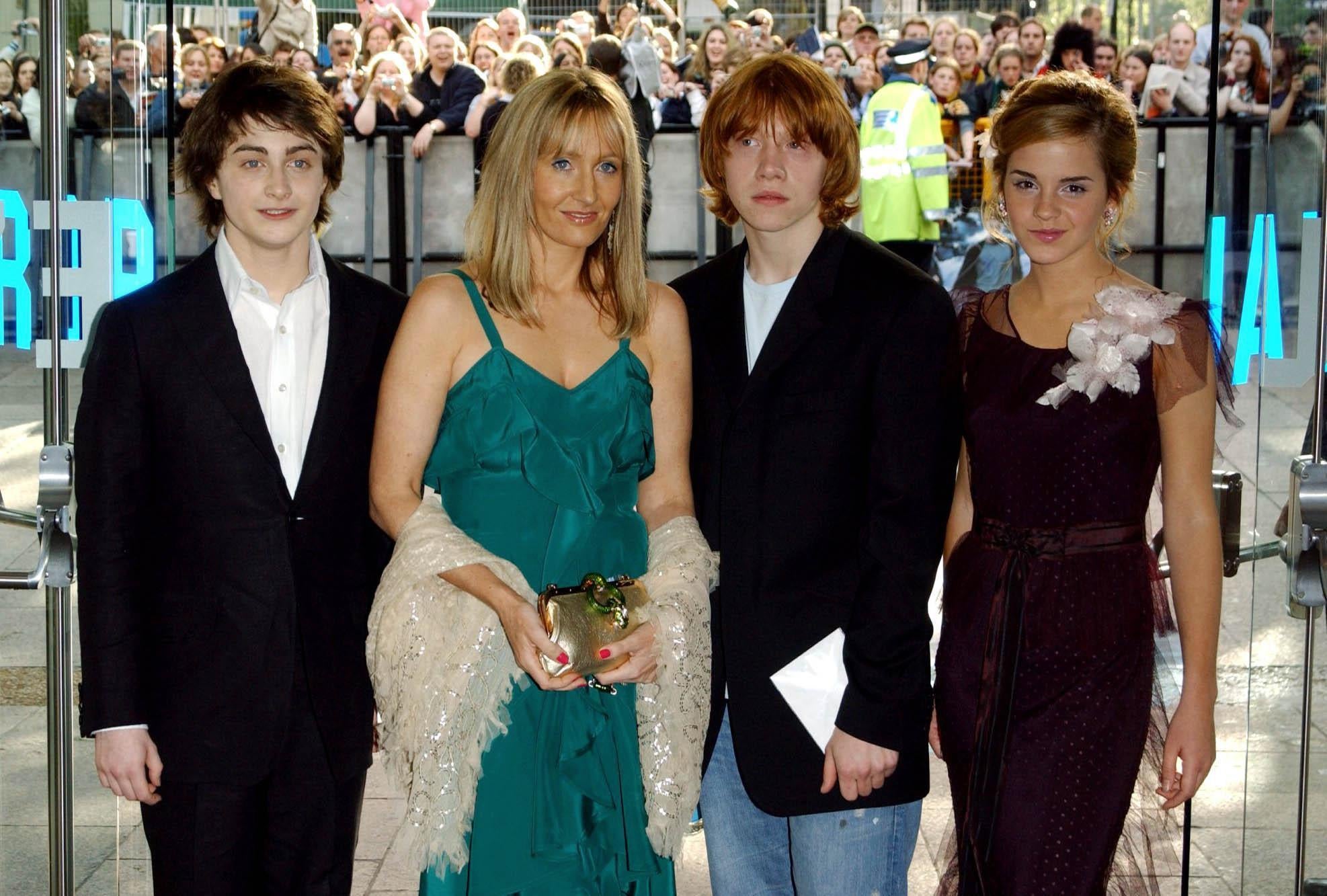Fight Club director reveals he almost made a Harry Potter film: ‘I want it to be kind of creepy’
David Fincher says his ‘creepy’ vision didn’t align with that of production company
Your support helps us to tell the story
From reproductive rights to climate change to Big Tech, The Independent is on the ground when the story is developing. Whether it's investigating the financials of Elon Musk's pro-Trump PAC or producing our latest documentary, 'The A Word', which shines a light on the American women fighting for reproductive rights, we know how important it is to parse out the facts from the messaging.
At such a critical moment in US history, we need reporters on the ground. Your donation allows us to keep sending journalists to speak to both sides of the story.
The Independent is trusted by Americans across the entire political spectrum. And unlike many other quality news outlets, we choose not to lock Americans out of our reporting and analysis with paywalls. We believe quality journalism should be available to everyone, paid for by those who can afford it.
Your support makes all the difference.David Fincher has revealed that he was in the running to make the Harry Potter films, but his “creepy” vision didn’t align with that of the production company.
The Academy Award nominee, in a new interview to promote the 4K release of his classic thriller Seven, recalled meeting Warner Brothers, who asked him to pitch his adaptation of the popular series.
“I remember saying, ‘I just don’t want to do the clean Hollywood version of it,’” Fincher told Variety.
“I want to do something that looks a lot more like Withnail And I, and I want it to be kind of creepy.”
But Warner Brothers had a different idea of how they wanted Harry Potter to go. “They were like, ‘We want Tom Brown’s School Days by way of Oliver.’”
In the end, Chris Columbus of Home Alone fame directed the first two movies, Harry Potter and the Philosopher’s Stone in 2001 and Harry Potter and the Chamber of Secrets the following year.
Alfonso Cuarón’s 2004 take on the third instalment, Harry Potter And The Prisoner Of Azkaban, ended up with a slightly darker tone, which continued in Mike Newell’s Harry Potter and the Goblet of Fire in 2005, and the last four films, all directed by David Yates.

It was announced last year that JK Rowling’s bestselling books were being adapted for a new series, a move that drew criticism from some fans of the books who deemed another adaptation “unnecessary”.
No casting announcements were confirmed but there was speculation around which major stars could play iconic roles such as Albus Dumbledore, Snape, and Voldemort.

Watch Apple TV+ free for 7 days
New subscribers only. £8.99/mo. after free trial. Plan auto-renews until cancelled

Watch Apple TV+ free for 7 days
New subscribers only. £8.99/mo. after free trial. Plan auto-renews until cancelled
Showrunner Francesca Gardiner said in December that some 32,000 young actors had auditioned to play Harry, Hermione and Ron, and confirmed that shooting would start in Leavesden, Hertfordshire, this summer.

In recent years, discussions around Harry Potter have come to be dominated by Rowling’s outspoken views about transgender people. Many of the cast members from the original film saga have criticised or distanced themselves from the writer including Daniel Radcliffe, who played the eponymous boy wizard.
HBO boss Casey Bloys said Rowling could be involved in the new series despite falling out with actors from the original movies, stating the network was “totally comfortable” working alongside the author and would rather “do what the creatives want to do” than “listen to fan conversation”.
After losing out on the Harry Potter films, things didn’t exactly turn out badly for Fincher. He would go on to direct several book adaptations such as The Curious Case of Benjamin Button, The Social Network, The Girl with the Dragon Tattoo, and Gone Girl.
Speaking about whether an existing audience for the books draws him to such projects, he said: “Is there a built-in audience? That’s somebody else’s job. Those books get sold to movie studios when it is shown that there is a built-in audience, so I’m usually coming into the food chain after it’s been decided that this is something tasty. There are different things about stories that resonate with you based on movies you love and the kind of movies that you made. So I don’t know how I choose things to be involved with, but you get a hankering where you go, ‘I’d like to see this, and I’d like to see it done this way.’”

Join our commenting forum
Join thought-provoking conversations, follow other Independent readers and see their replies
Comments